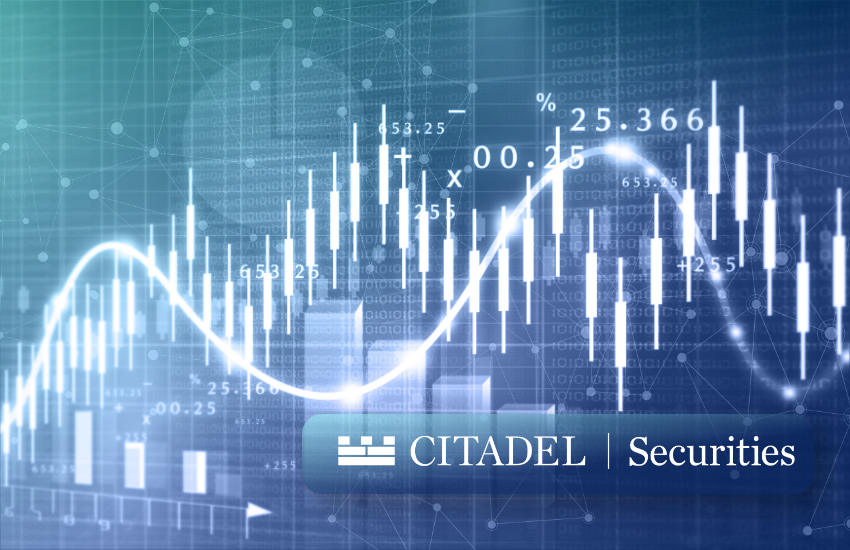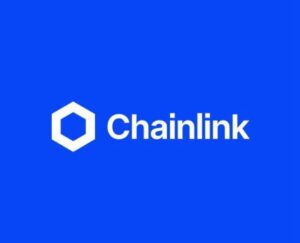Citadel Securities Raises Concerns Over SEC Tokenization Exemptions

Citadel Securities Urges Caution in SEC’s Approach to Digital Securities Regulation
Concerns Over Regulatory Exemptions for Large Firms
Citadel Securities has reached out to the SEC’s Crypto Task Force, advocating for a cautious approach to any regulatory changes that could impact digital securities and tokenized equities. The firm expresses apprehension that larger companies may receive regulatory exemptions that would not be accessible to traditional market players.
Stephen Berger from Citadel Securities emphasized that while the firm supports technological advancements aimed at improving market efficiency, exploiting regulatory loopholes for securities that mimic traditional ones should not be considered true innovation.
Echoes of Industry Sentiment
Berger’s sentiments align with a recent communication from the Securities Industry and Financial Markets Association (SIFMA) to the task force. Although Citadel refrained from naming specific companies, it appeared to reference a letter from Coinbase sent earlier this year. Citadel’s commitment to principles such as best execution, equitable access, and transparency in trading was echoed by Charles Schwab’s CEO this week.
While Berger does not advocate for sweeping legal reforms, he seems to anticipate significant changes on the horizon. He argues that any modifications should apply uniformly across the market, rather than favoring a select few firms. Like SIFMA, he favors a structured rulemaking process over exemptions that could lead to regulatory favoritism for tokenized U.S. equities at the expense of traditional listed securities.
The Risks of Exemptive Reliefs
Typically, exemptive reliefs are granted to small-scale startups with limited customer bases. If Coinbase were to receive such relief, it could rapidly expand from a few thousand users to its full ten million, potentially leaving other market participants at a disadvantage. This scenario could also prompt Robinhood, with its twelve million users, to seek similar exemptions, which would significantly impact Citadel’s order flow.
Balancing Innovation and Fairness
While Coinbase’s ambition to streamline equities trading and settlement processes is noteworthy, Citadel’s concerns merit consideration. The challenge lies in ensuring that granting Coinbase broad exemptions does not appear to favor certain players over others. Interestingly, Coinbase has indicated that many of the desired changes could be achieved through formal rulemaking.
Stepping back from the specifics of these letters, it is essential to ask: what issues are we aiming to address? Tokenization presents opportunities for efficiency, fractional ownership, around-the-clock trading, and innovative business models. However, given the size and efficiency of the U.S. listed equities market, any changes must be approached with caution.
The Need for Transparency in Tokenization
Citadel Securities could be seen as an established player wishing to preserve the current system, but many of its arguments hold merit. Tokenizing existing securities could be executed in a straightforward manner, ensuring that the underlying assets are transparently held and easily convertible. However, the current methods of tokenization raise concerns about whether this ideal can be achieved responsibly.
Recent high-profile tokenization initiatives in both Europe and the U.S. have demonstrated complex structures and inadequate disclosures. Retail investors may not fully understand what they are purchasing, often lacking rights associated with traditional stocks. In some cases, these offerings are marketed as derivatives rather than actual stocks, despite the tokenizing firm owning the underlying assets. Citadel has urged the SEC to collaborate with the CFTC to address these complexities.
Addressing Market Fragmentation Risks
The potential risks extend beyond individual investors to the broader market. Both Citadel and SIFMA have voiced concerns about market fragmentation and its implications for liquidity. Coinbase’s vision of enabling the trading of tokenized listed securities on its platform without adhering to the National Market System could create what Citadel describes as a “shadow” U.S. equity market through regulatory exemptions.
The correspondence from these firms highlights a fundamental tension: the need for innovation that genuinely enhances market functionality versus changes that primarily benefit select entities. Citadel and SIFMA’s focus on procedural fairness through rulemaking underscores this concern. While tokenization is likely to progress, the current discourse suggests that, particularly for U.S. listed equities—the most liquid and efficient market—efforts should prioritize genuine benefits for investors. The most promising applications for tokenization may ultimately lie within private markets, where inefficiencies are clearer and entrenched interests are less pronounced.







